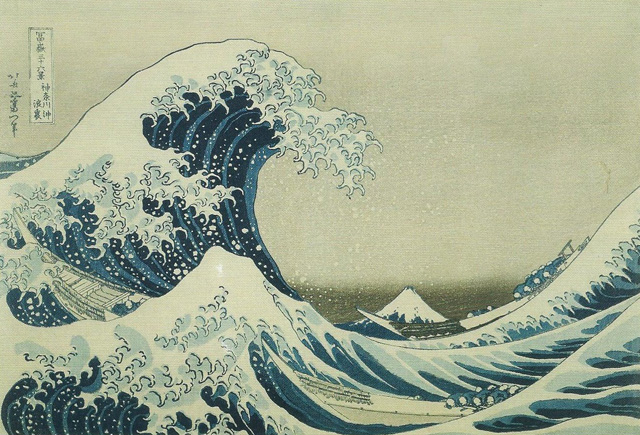I won’t write a blog post listing “Top 10 …” whatever reasons and advises, let me just focus on a single event that happened today. It was in the news since this morning, that the leader of the Green Party, Elizabeth May is not invited to participate in the TV debate of the leaders.
While at first this seems to be a fatal blow to a political campaign, not all is lost. We’re in 2011 and social media can still save the day, especially if it’s used in wisely. Let’s see how the Green Party is doing on the different social media platforms.
Blog
Although the press likes to talk more about Facebook and Twitter followers, at the end of the day it’s still the blog that is the corner stone of any social media campaign. On the Green Party website there is a section used for the blog, so there they have plus one (+1) from me. It’s not given though enough emphasis on the website. A website that is heavy on text and tight on images, let’s take for example the page presenting the message of the leader: at 579 words, it’s quite a long text. Would there have been a video with the same message, it would have been more digestible by people who are lazy to, or can’t read. (-1)
The blog gives me the feeling that I truly read her personal opinion, which is great (+1), but she could have taken this further with spicing up the posts with photos and videos (-1). Commenting on the posts is a complete failure. Anyone wanting to comment has to first register, accept a lengthy terms and condition text, go trough a Captcha (which is not accessible for visually impaired) and only than the comment can be posted. (-5) The result is that there are really few comments on the posts. Would they have used a more open concept, without putting up all these barriers, commenting would have been much more fun. If they are afraid of trolls, well, there are other methods to fight them, they could have been using the Facebook username and password for comments, or less intrusive tools, such as Akismet.
I had to search a bit around to find the right page. First I was looking for the Green Party of Canada, page that exist, but seems to be neglected; all it has it’s some text copy-pasted from Wikipedia. Then I was looking for Elizabeth May, here I finally found a page that has more up to date stuff (+1), with more than 8000 fans (+1). Here is another tip I would give to the person in charge of this page: Facebook pages that have more than 25 fans can have a clean URL, meaning that instead of http://www.facebook.com/pages/Elizabeth-May/20647428344 they could have changed the URL to http://www.facebook.com/Elizabeth-May. Again it’s a small detail, but it can make a big difference, when it comes to printing the address on promotional materials. Until this is fixed, I have to give a minus one (-1). What is interesting to notice, the Facebook page, unlike the blog, is open and it’s thriving (+5).
She’s using two Twitter accounts, @ElizabethMay for her English tweets (812 Tweets | 4,232 Following | 15,332 Followers | 1,129 Listed) and @MayElizabeth for the French tweets (166 Tweets | 268 Following | 322 Followers | 41 Listed). While on the English account there is a lot of interaction and dialog going on (+1), the French account is purely a broadcasting tool (-1), I’m not sure about its value as a separate account.
YouTube
Quite surprising, they actually have a YouTube channel (+1)! After visiting their website, I have a hard time believing there is a Green Party YouTube channel, but I could not find one video on their website (-1). Comments are open, but not too many views, no surprise if they keep this channel secret. Why there is no video section on the Facebook page (-1)?
Conclusion
I don’t want to comment if the Broadcast Consortium did the right thing, or they just shot themselves in their foot. It remains to see how the Green Party will be able to capitalize on all the buzz created by this news.
As the other Canadian political parties, they have a social media presence too, with some of their platforms more active than the others. What is missing, is a bit more creativity in using all these channels together. Mashups are not just fun ways of spicing up websites, but they are also important in sending out a strong message. Now it might be too late, the campaign has already started and social media is a long term investment.





